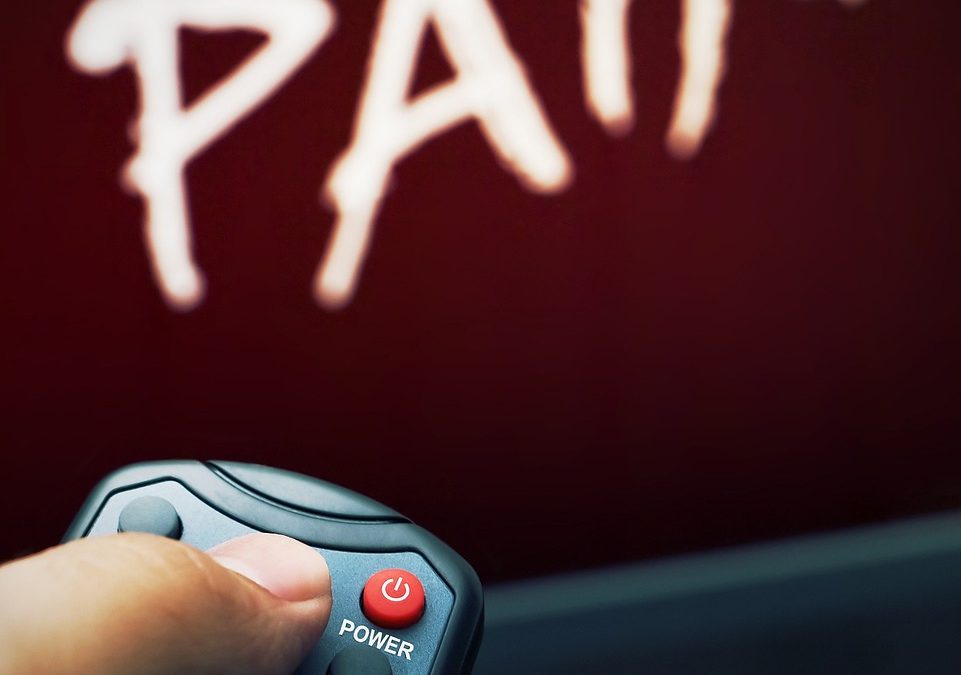Are Pain & Depression Related?
Pain for people of all ages can go hand-in-hand with depression. There is strong clinical evidence that these two conditions are linked. It is not only that people who are in pain feel depressed because they can’t do the things they used to be able to do, but there is also physiological ties. Researchers are not able to pinpoint how pain and depression are related but they believe it has something to do with inflammation. Conversely, depression can bring on pain.
These two bedfellows are even more prevalent in people who have chronic pain. Since older adults are more likely to have pain, and especially chronic pain, they are more likely to also be depressed. To make matters worse, doctors are looking for a solution to pain and may not ask about their patient’s mental state. Ageism plays a role in doctors not treating depression. People, including health professionals, think it is natural for older adults to be in pain and/or be depressed. While both pain and depression may be more common in older adults than younger people, it is not normal.
Older adults do not report depression as often because they might feel that is what happens when you get old. Because of the stigma of mental health in the past, they may view depression as a choice not an illness . Now, medicine realizes that depression is just as much of an illness as heart disease or cancer.
What to Do If You Notice Pain & Depression
If you or a loved one are in pain and also notice depression, speak to your health professional. Describe in detail what you are feeling and when, and let your health professional know this is not a normal state for you and it needs to be addressed. Do not let your health professional tell you it is normal. Speak up for yourself.
Here are things you can do if you are in pain and depressed:
- Get plenty of rest.
- Eat healthy, nutritious meals.
- Take any meds for pain on time and do not skip doses.
- Do not isolate yourself
- Seek help from a professional – do not be embarrassed.
There are medical and non-medical solutions to treat pain and depression. Some help with both at the same time:
Medical solutions:
Medicine are available to treat both pain and depression. Newer medicines, especially for depression, have fewer side-effects than those decades ago and are not as addictive.
Exercise;
There are exercises like tai chi or chair yoga that may help pain and depression. Walking is almost always a great form of exercise and gives you time to think things through. Some people swear by water aerobics and say nothing hurts in the water.
Alternate therapies:
Some people may benefit from massage, acupuncture, chiropractic medicine, physical or occupational therapy.
Talk therapy:
Seeing a psychologist or counselor may really help you come to terms with your medical issues, help calm you and of course relive depression.
While these therapies and exercises can greatly help, just doing one may not be enough. A combination of therapies may really improve your pain level and decrease your depression.

